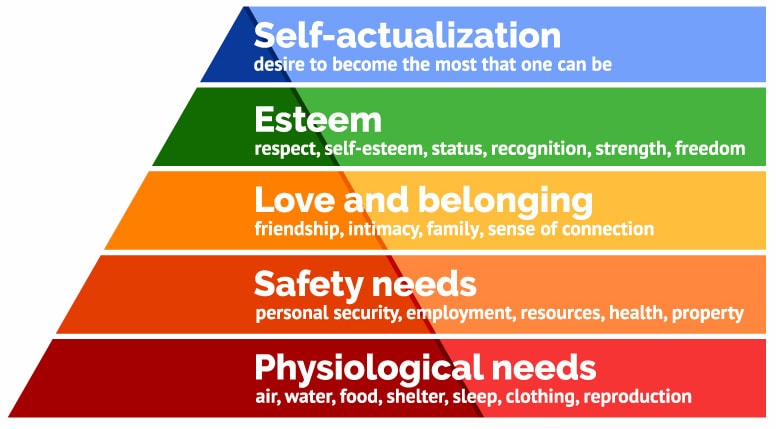Brands have always been held to a high standard when it comes to managing and preserving their identity, reputation, and connections with consumers during times of crisis. During times of national or global crisis, a brand’s response matters, even if their industry Is not directly related to the crisis. With that in mind, brands are under scrutiny to nail their response, with consumers and stakeholders responding well to transparency and authenticity.
What they don’t respond well to (to say the least)? Tone-deaf sales pitches. When an opportunistic brand attempts to leverage a crisis to grab attention or boost sales, most people have a very adverse reaction to this type of cheap marketing ploys. Ultimately, this can harm your reputation and relationship with consumers.
The COVID-19 crisis is affecting everyone. This puts brands in a unique position as they all have a role to play and a place for response. In fact, the 4A’s recently reported that 43% of consumers find it reassuring to hear from their brands during times like these, and 56% want to know how brands are helping people in response to the pandemic. This powerful new video from Google points out that “how to help” is being searched at an all-time high rate globally, especially as it relates to the medical and healthcare communities.
Since many consumers are closely scrutinizing brands communications efforts right now, a thoughtful and carefully crafted response to this crisis is critical to maintaining a positive reputation. Ultimately, we think it comes down to empathy—during times of uncertainty, brands should strive to understand the challenges people across the world are facing and find the ways to connect with them in a way that communicates genuine care and concern.
What’s been incredible and encouraging is how brand marketing has responded. And in turn, made some pretty significant adjustments to crisis management and communications. Whether a brand has an in-demand product or not, the smartest marketing is empathetic. In many cases, sales-oriented calls to action have been removed almost entirely. In their place, brands are using messages of positivity, safety, support, and togetherness in the face of COVID-19.
We are seeing great examples of this from large and small brands alike:
- Zappos opening up its customer service for any and all kinds of human assistance through its Customer Service Anything Hotline
- Uber’s “Thank You For Not Riding” call to stay home and commitment to help “move what matters”
- Frito Lay’s “It’s About People” message and relief initiative
- St. Louis’ own Arch Apparel donating proceeds to local non-profit organizations supporting healthcare workers, small businesses, and community members in need
It’s an unprecedented and challenging time for all of us, but we truly believe that the brands that understand and embrace the power of empathy in times of crisis will be able to not only persevere, but also grow stronger bonds with both consumers and communities.



